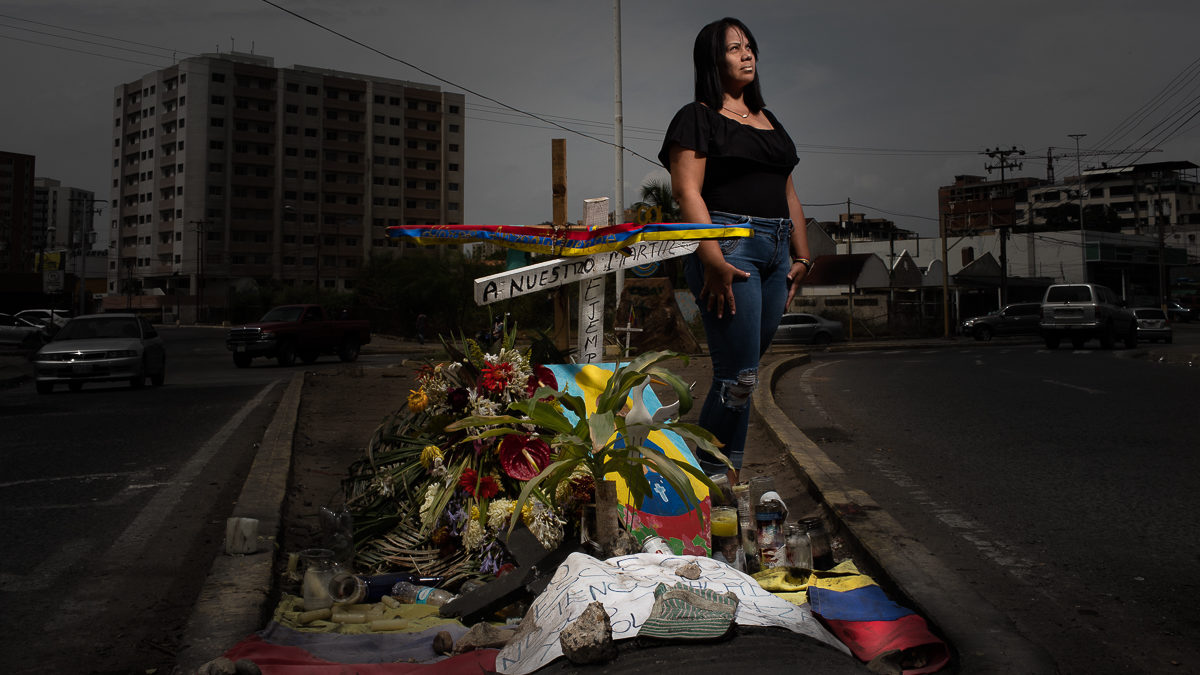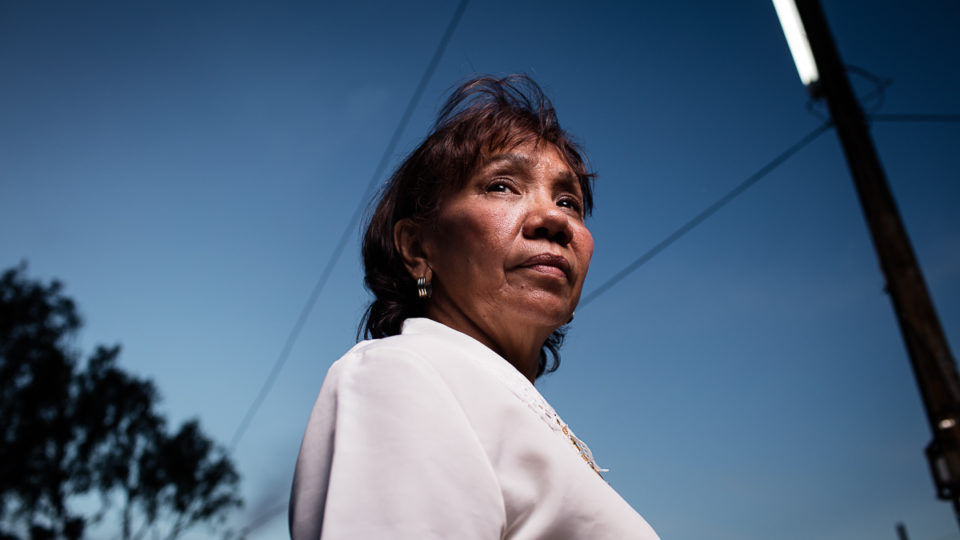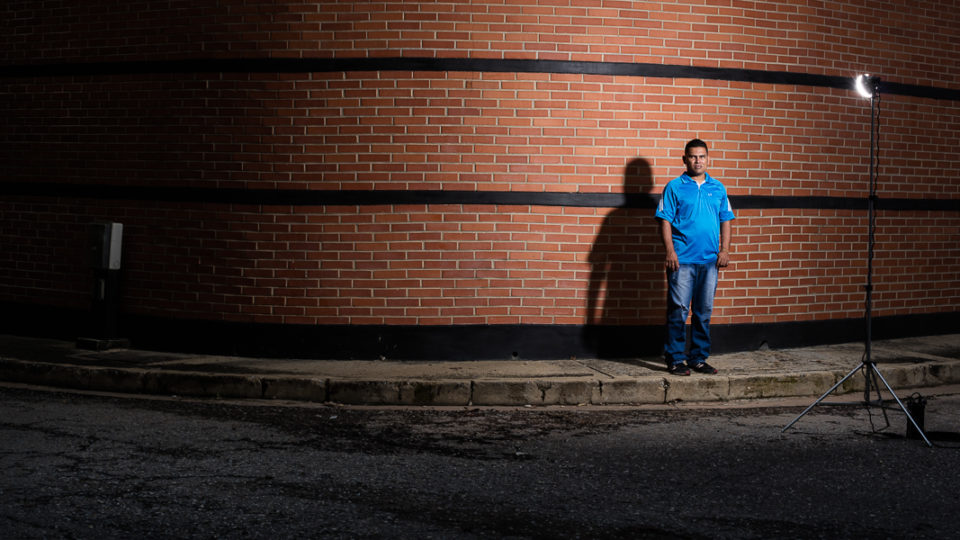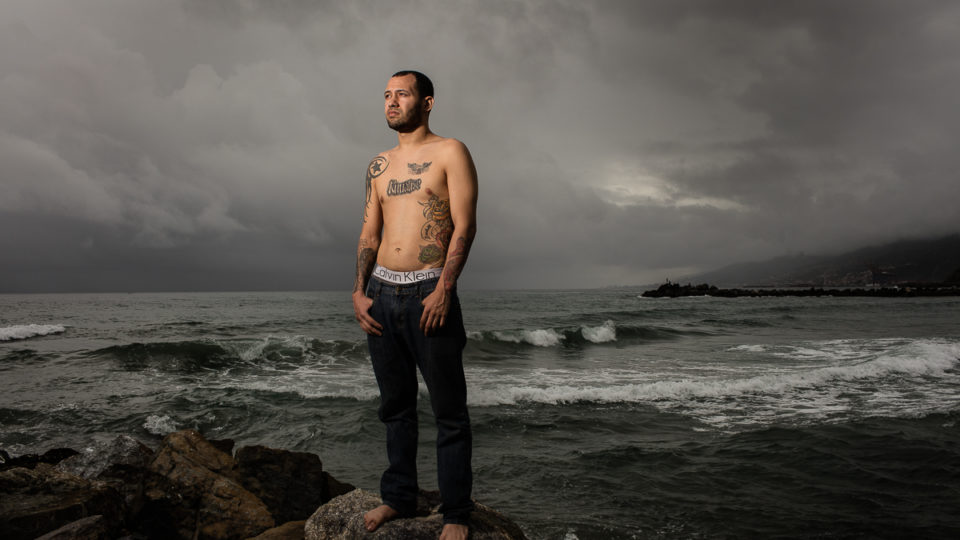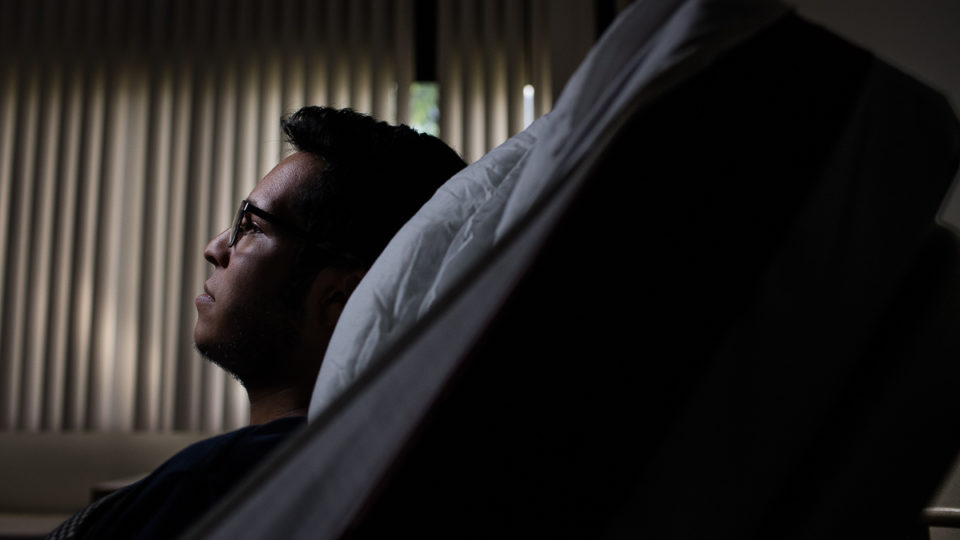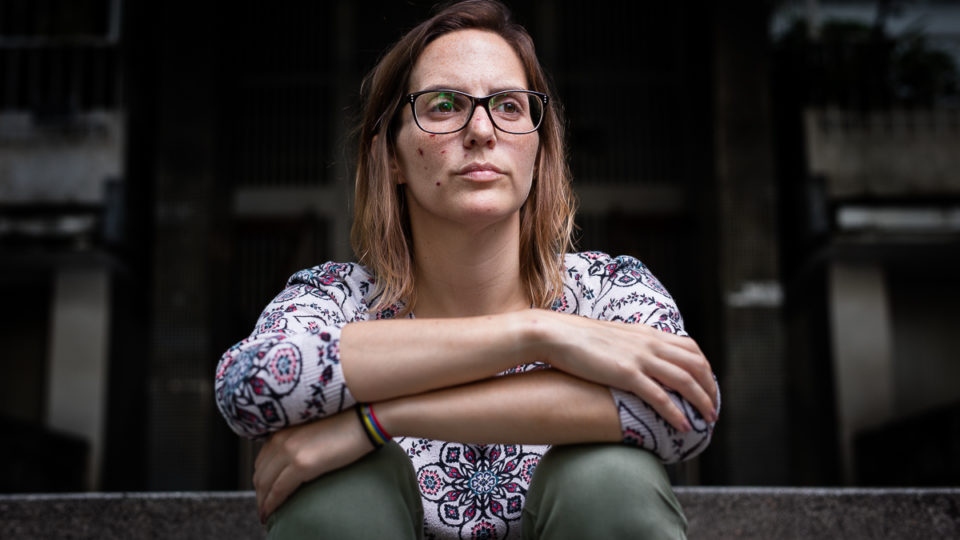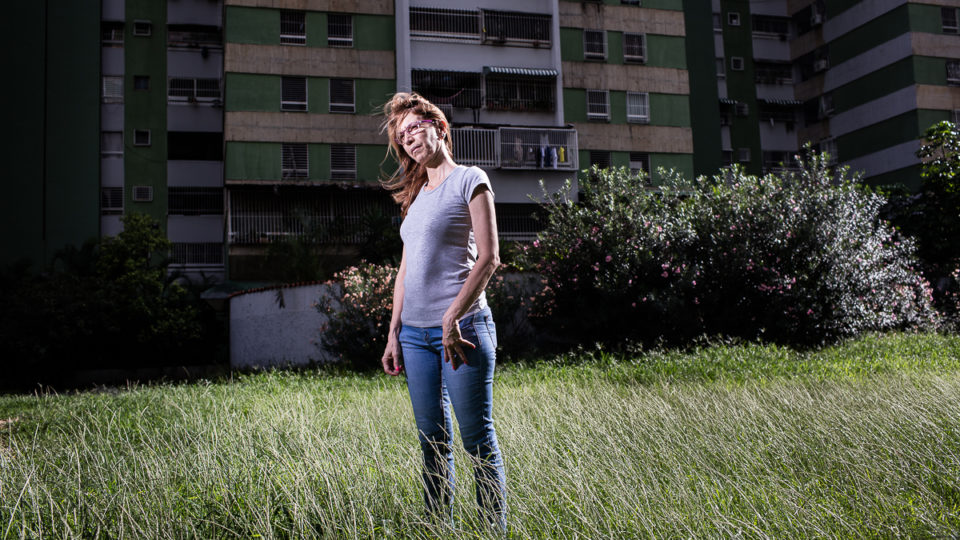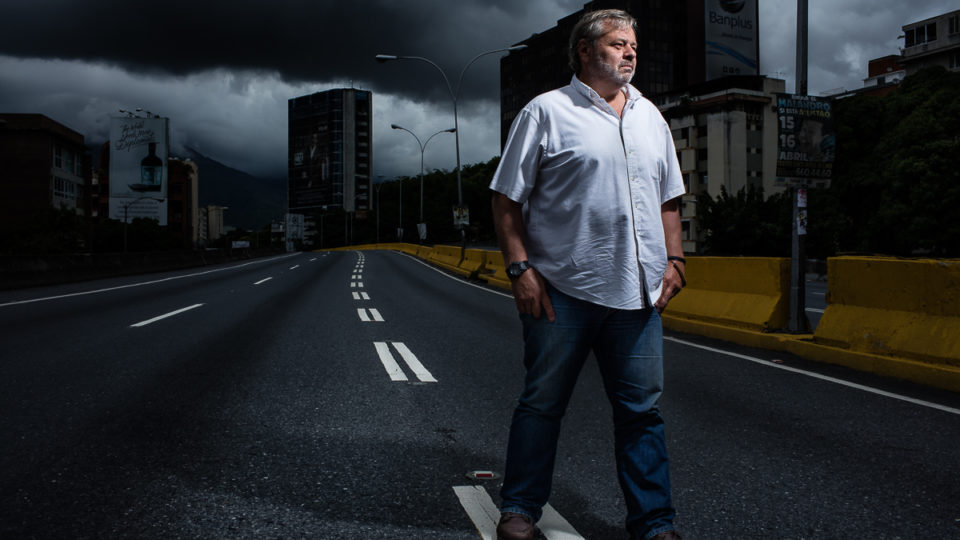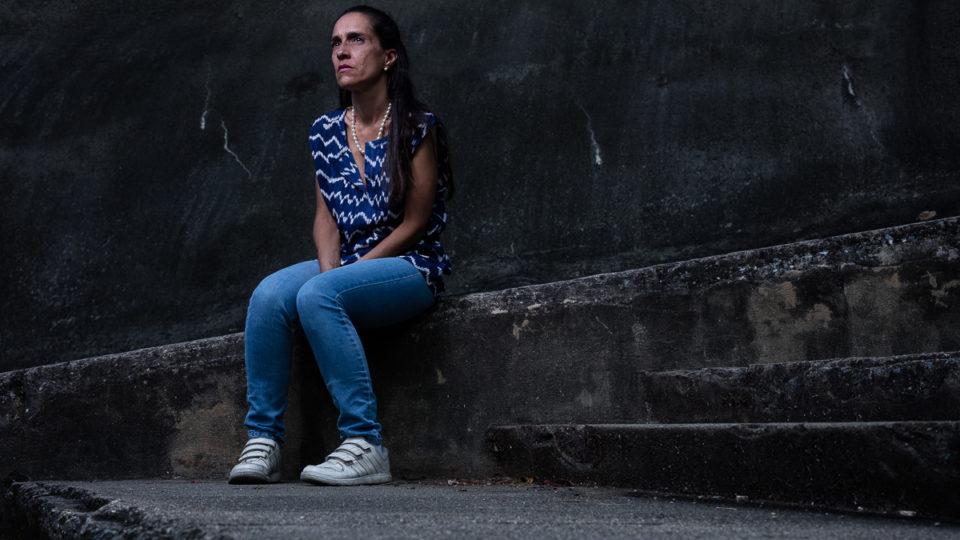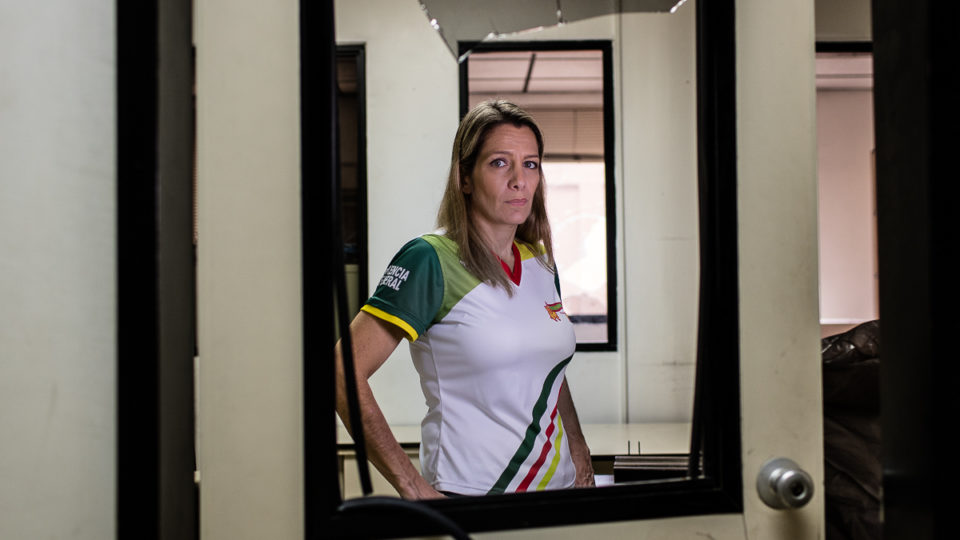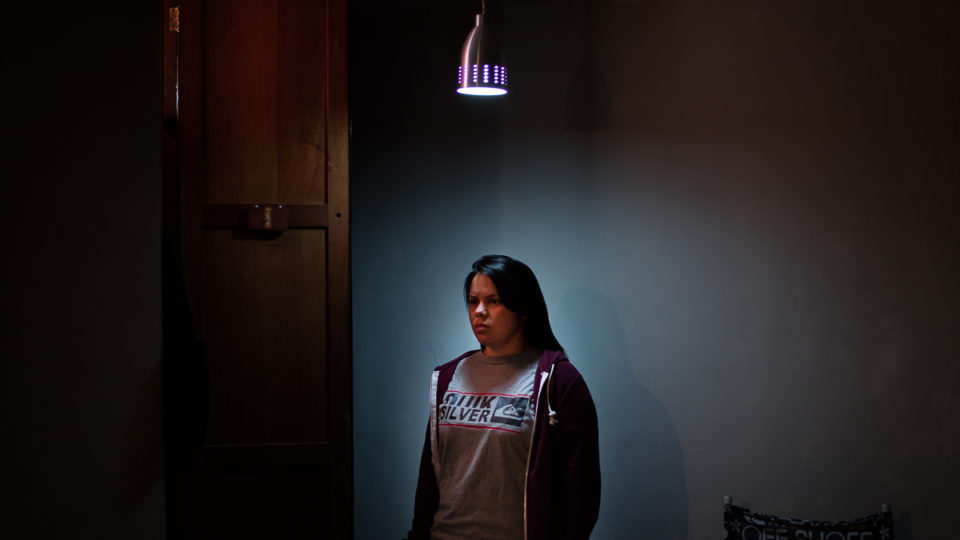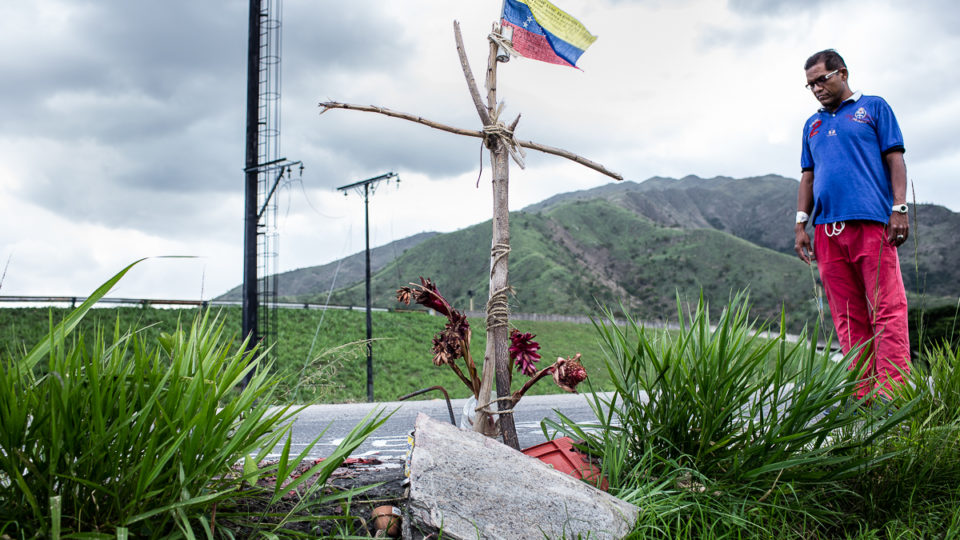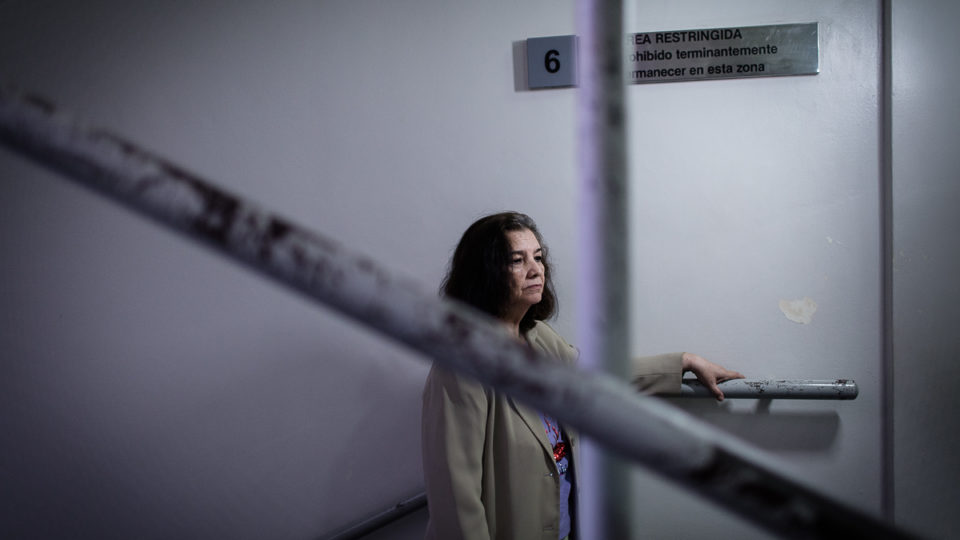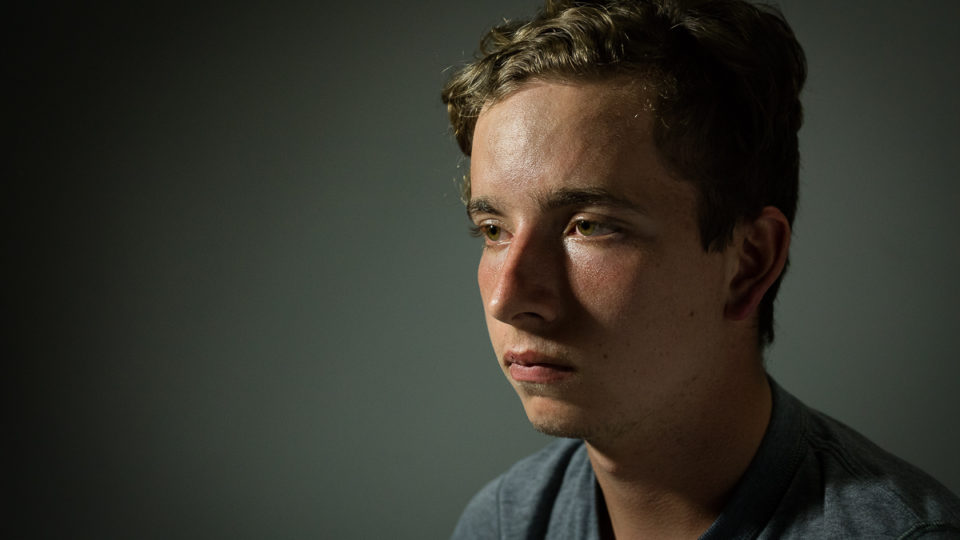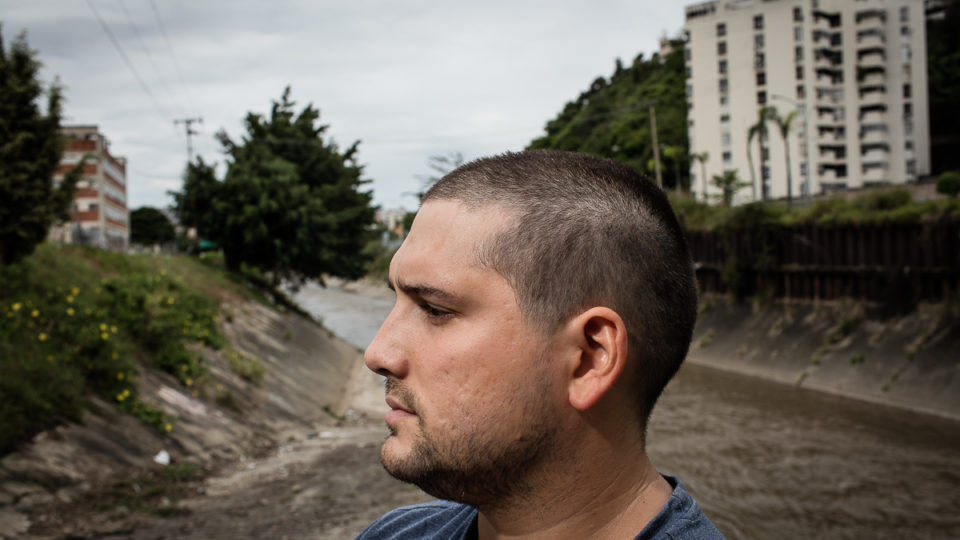Testimonies 2017
“I think God abandoned me that day”
Zulymar Villegas
“I was in a cab going to Caracas. As we got to Boca de Uchire, I turned on my cell phone and found out what had happened to Cesar on social media. I said to the driver: “Turn back, my son is hurt!”
The escuderos (front-line protestors with shields) told me that in the demonstrations on Saturday 27 March in El Peñón del Faro, Lechería, there was a cop acting suspiciously among the police. César broke away from the escuderos and with his hands in the air, he said:
“Are you going to kill me? Well kill me then.”
It was a close-range shot. It wasn’t bad luck. It was meant for him.
He took two steps back. His friends tried to cut off the bleeding and put him on the back of a motorbike.
“Don’t let me die! Call my mom!”
When they were putting him in the ambulance, he said to one of the guys: “Tell my mom that I loved her and that I died fighting for a better Venezuela, for her and for my brothers”. I guess that he had sense that he was going to die. Sadly, he has the same surname as the man who shot him: Pereira.
More than once I showed him up by dragging him away from a political meeting or a demonstration. “César, look at all the kids they’ve killed. What if something happens to you? If you love me as much as you always say you do, why won’t you think about me?
When he was a child, he worked after school at a Chinese Supermarket, bagging up groceries for tips. He had his own clients, that’s what he called them. If he wasn’t at the checkout, they’d come back to shop another time. He wanted to work so much that I had to get him a permit from LOPNA (Child Protection). He loved to party and used to lie to me to go to bars and clubs. If he had told me he was studying at a friend’s house, he’d send me photos like he was already in bed. They were old photos that he’d sent before, and I’d catch him out. He was twenty, a kid.
I was scared that something would happen to him, but he was stubborn and rebellious. He took on the role of a leader, he’d cheer on his friends who wanted to give up and he always wanted to be up front. He was charming and charismatic. People were drawn to him. I was angry and I didn’t want to talk to him until he promised me that he’d leave the protest movement. When he was in intensive care, César was next to Oscar Fuentes, who’d had a shot to the head during a protest a few days before. They were cared for by the same nurse and connective to a life-support machine. César could breathe on his own, but he didn’t survive.
I think God abandoned me that day.
In the Private University where he studied Publicity and Marketing, we were going to hold a memorial service for César on the day of his funeral. We all walked alongside the coffin but the National Bolivarian Guard wouldn’t let us through. All we had was a dead body, my son. I wouldn’t have a confrontation or an exchange of insults. I wouldn’t sink to their level. We turned back. César was mourned by other moms, by other brothers, by other aunts, by other grandparents. By people. People who I didn’t know. I wasn’t jealous. I was proud to see that he was so loved. He wanted to be the mayor of Lechería.
The day after the funeral, I went to the place where it all happened. The boys covered my face with a shirt so they wouldn’t recognize me, and they gave me a helmet and gloves. They wanted to protect me. They’d already lost a friend, they said. I wanted to feel what my son had experienced. To get to know his group. To meet the escudero, the kids who picked him up and put him on the motorbike. I wanted to get involved. To imagine how everything had happened, how they killed my son. They made a barricade. I prayed for him. I lit a candle for him. I went to mass at 6pm. I didn’t stay for the fight.
Zulymar Villegas, 40, merchant, mother of César Pereira
